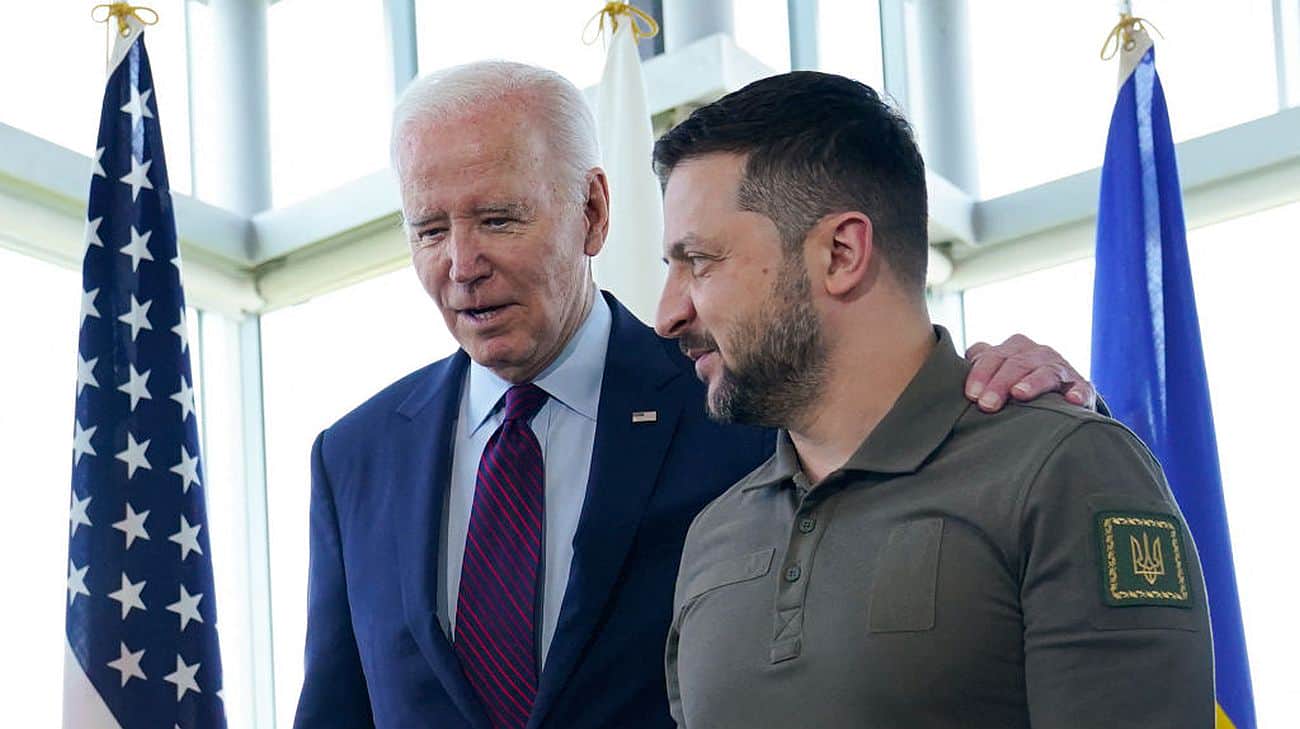The Toni Morrison Award Winners: Fighters in the Censorship Trenches
“I think it’s important for us as teachers to create a space so that our students can dare to reimagine new futures, and they can dare connect and they can dare to dissent,” Texas history teacher Daniel Santos said as he accepted the Toni Morrison Award for Courage at The New Republic’s Right to Read celebration in Miami Saturday night. Santos, executive vice president of the Houston Federation of Teachers and one of five recipients of the award, told the story of a graduating former student from Guatemala who returned to tell him how much a novel he’d assigned about Japanese internment had stayed with him. “He connected with that book, and to this day, he says he continues to read that book because it was valuable and it was important,” he said.Santos criticized policymakers in his home state, who have enacted some of the country’s most restrictive book banning legislation. So did fellow award-winner Allison Grubbs, Broward County Library director. Over 40 percent of book bans have occurred in Florida, prompting Grubbs to create book sanctuaries in all 36 branches of the Broward County Library system. Grubbs pledged that her “commitment to the freedom to read will remain unwavering,” even in the face of the harassment and threats she’s faced by right-wingers. “When we lose the unchallenged right to read, think, speak freely, we have lost not only our social liberty, but our humanity,” Grubbs said. “The history of totalitarianism in every age and culture has demonstrated that censorship of citizens and their press is a preliminary mechanism by which the descent begins.” Two award recipients, Texas booksellers Valerie Koehler and Charley Rejsek, are taking on that mechanism directly. They are lead plaintiffs in a lawsuit challenging the constitutionality of House Bill 900, the Texas law requiring booksellers to rate books being sold to schools for their “sexual content.” The case, currently in the 5th Circuit Court of Appeals after the state unsuccessfully appealed the ruling blocking the law’s enforcement, reminded Rejsek of a line from Fahrenheit 451, the once-banned Ray Bradbury novel from which her store draws its name. “‘Technology, mass exploitation, and minority pressure carried the trick when it came to censorship.’ And I feel like we’re in that moment right now,” she said.Four-time Newbery Award–winner and MacArthur grant recipient Jacqueline Woodson, who sat on a panel during the Right to Read celebration before accepting her award, drew from another celebrated American writer. “You think your pain is unprecedented in the history of the world, and then you read,” she said, paraphrasing James Baldwin. Woodson’s memoir of the Civil Rights Movement, Brown Girl Dreaming, which won the National Book Award and Newbery Honor award, was challenged in Florida and Texas during the 2021 “critical race theory” panic. Woodson recalled reading Morrison’s The Bluest Eye, one of the country’s most banned books, as a fifth grader, reflecting on how it informed her own work. “We have seen mirrors of ourselves in literature,” she said. “We have seen windows into worlds that we would never have experienced or understood, or grown to have empathy for. We have seen the other and come to love the other, and we want the other to be OK because sometimes the other is us.”

“I think it’s important for us as teachers to create a space so that our students can dare to reimagine new futures, and they can dare connect and they can dare to dissent,” Texas history teacher Daniel Santos said as he accepted the Toni Morrison Award for Courage at The New Republic’s Right to Read celebration in Miami Saturday night. Santos, executive vice president of the Houston Federation of Teachers and one of five recipients of the award, told the story of a graduating former student from Guatemala who returned to tell him how much a novel he’d assigned about Japanese internment had stayed with him. “He connected with that book, and to this day, he says he continues to read that book because it was valuable and it was important,” he said.
Santos criticized policymakers in his home state, who have enacted some of the country’s most restrictive book banning legislation. So did fellow award-winner Allison Grubbs, Broward County Library director. Over 40 percent of book bans have occurred in Florida, prompting Grubbs to create book sanctuaries in all 36 branches of the Broward County Library system. Grubbs pledged that her “commitment to the freedom to read will remain unwavering,” even in the face of the harassment and threats she’s faced by right-wingers. “When we lose the unchallenged right to read, think, speak freely, we have lost not only our social liberty, but our humanity,” Grubbs said. “The history of totalitarianism in every age and culture has demonstrated that censorship of citizens and their press is a preliminary mechanism by which the descent begins.”
Two award recipients, Texas booksellers Valerie Koehler and Charley Rejsek, are taking on that mechanism directly. They are lead plaintiffs in a lawsuit challenging the constitutionality of House Bill 900, the Texas law requiring booksellers to rate books being sold to schools for their “sexual content.” The case, currently in the 5th Circuit Court of Appeals after the state unsuccessfully appealed the ruling blocking the law’s enforcement, reminded Rejsek of a line from Fahrenheit 451, the once-banned Ray Bradbury novel from which her store draws its name. “‘Technology, mass exploitation, and minority pressure carried the trick when it came to censorship.’ And I feel like we’re in that moment right now,” she said.
Four-time Newbery Award–winner and MacArthur grant recipient Jacqueline Woodson, who sat on a panel during the Right to Read celebration before accepting her award, drew from another celebrated American writer. “You think your pain is unprecedented in the history of the world, and then you read,” she said, paraphrasing James Baldwin. Woodson’s memoir of the Civil Rights Movement, Brown Girl Dreaming, which won the National Book Award and Newbery Honor award, was challenged in Florida and Texas during the 2021 “critical race theory” panic.
Woodson recalled reading Morrison’s The Bluest Eye, one of the country’s most banned books, as a fifth grader, reflecting on how it informed her own work. “We have seen mirrors of ourselves in literature,” she said. “We have seen windows into worlds that we would never have experienced or understood, or grown to have empathy for. We have seen the other and come to love the other, and we want the other to be OK because sometimes the other is us.”



